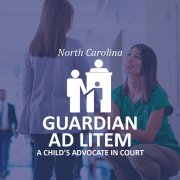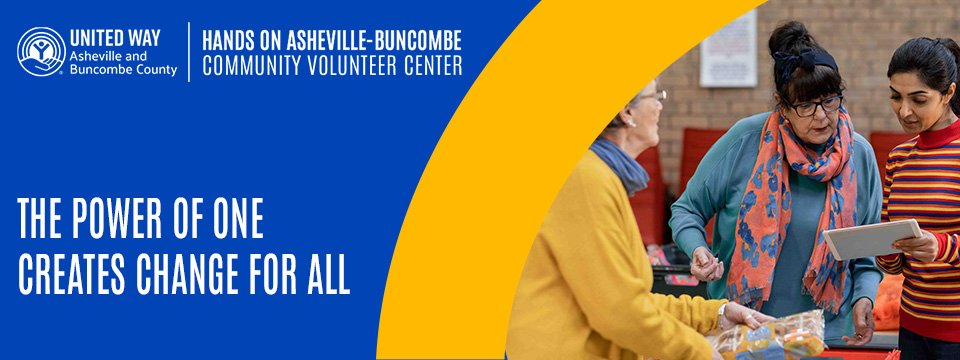

Who We Are
Mission: To equip community volunteers to serve abused and neglected children by advocating for their best interests in court.
Established by statute in 1983, the North Carolina Guardian ad Litem Program has been serving North Carolina’s abused and neglected children for more than 40 years.
Pursuant to North Carolina General Statute § 7B-601, when a petition alleging abuse or neglect of a juvenile is filed in district court, the judge appoints a volunteer Guardian ad Litem (GAL) advocate, an Attorney Advocate, and GAL Staff to provide team representation to the child. A Guardian ad Litem (GAL) advocate is a trained community volunteer who is appointed, along with a Guardian ad Litem attorney, by a district court judge to investigate and determine the needs of abused and neglected children petitioned into the court system by the Department of Social Services.
What We Do
The GAL volunteer’s primary responsibilities include:
- Digging for details in the case
- Collaborating with other participants in the case
- Recommending what’s best for child by writing court reports
- Empowering the child’s voice
- Staying vigilant by constantly monitoring the case
- Keeping all information confidential
The main qualification for becoming a GAL is to have a sincere concern for the well-being of children. There are no education or experience requirements.
A guardian ad litem serves on a child’s case until a permanent plan is approved by the court and achieved for the child. Achieving permanence usually takes at least a year. Monthly time commitments vary depending on the child’s needs.
In order to apply, you need to complete an application, a screening interview, and a criminal record check. We also require 30 hours of training before being accepted into the program, sworn in by a judge and appointed to a case. Our volunteers are supervised by program staff, and attend continuing education training on advocacy issues.
Organization Opportunities


